Throughout the course, gender injustices were covered across all disciplines and facets of life. While she didn’t experience a big aha moment or wave of feminism wash over her, throughout that first course, her perspective did gradually shift. “It was like someone was turning the volume up on my lived experience. I was finally viewing the world through a different lens,” says Renee. What she came to understand was that feminism was for everyone. It revolves around compassion for humanity, justice, equality, and ultimately liberation. They are the principles that Renee has decided to not only run her business by but also her life. “For me, feminism is about breaking down the structures that hold people back,” she says. As a young, white woman she understands that her experience is her own and that intersectionality is key. “We all have multi-faceted identities,” she says. Feminism is far more than female. The term intersectionality was first used by the scholar and civil rights advocate Kimberlé Crenshaw in the 90’s. She found that gender and race were often looked at as separate issues, in isolated bubbles. Today, intersectional feminism acknowledges the relationship between any form of discrimination whether that be on gender, race, class, sexual identity, etc. Renee’s goal for focusing her life’s work on intersectional feminism is to listen and learn from all kinds of feminists, not just white, cisgender women like herself. To deepen her understanding, she started a Ph.D. program in teaching and researching gender, privacy, and online communication at the University of Illinois at Chicago. However, after six intense years of studying, Renee found herself deep in the wraths of depression. In what she says may have been her most impactful act of self-care, Renee dropped out of her program, moved to Minneapolis, and started on the path to creating a life she truly loves. While no longer in academia, she found new outlets to share her passions. Renee started sharing her thoughts and research on a podcast, but her listeners wanted more. Renee was always talking about books she was reading and her listeners really resonated with her commentary. So, in 2018, from her deep appreciation for feminism, education, reading, and the nudge from her podcast community was born her book club, turned community of more than 600 people from around the world. Since the beginning of 2020, Renee and her team have shipped more than 2800 orders. Feminist Book Club is about more than books, it is a feminist experience delivered in a monthly subscription box including a book of the month and a handful of unique products handpicked from small women- and queer-owned businesses. Beyond the box, it is an invitation to join a community and give back. Monthly, members from around the world join in on a private discussion group and Zoom calls to dive deep into the book of the month, learn from and support each other, and vote on what book should be featured next. While the conversations are often about the books, the discussion group has become a safe space for members to share the issues they are facing, the triumphs they are celebrating, and find solace in the solidarity felt from the smart, supportive feminists in the club. To complement the book club, Renee hosts a weekly podcast, Feminist Book Club: The Podcast where she features conversations and interviews with authors, writers, and readers. The Podcast consistently ranks in the top 100 book podcasts on Apple and has received more than 60,000 downloads this year. She also connects with fellow members through a monthly video chat. During these calls, they discuss the book and often invite the authors into the conversation as well. Especially in the time of COVID-19, it’s an easy way for members to take an hour for themselves and build community with other feminists. In June, Feminist Book Club has continued to evolve and has since launched the Feminist Book Club blog with a team of contributors, too. Little did Renee know that the community she was building would become a platform for uncomfortable conversations, questioning biases and privileges, and rethinking long-held systems. On May 25, 2020, Minneapolis police officers murdered George Floyd just ten blocks from Renee’s house. While horrific, Renee found the ways the community locally, across the world, and within her humble book club has risen to support Black lives was humbling and truly remarkable to see. “My goal is to lead transparently with justice, humility, and willingness to do better every day,” says Renee. “We had a reckoning, we’re in the rumble, and as the revolution emerges, we’ll be there to support in any way we can.” Spurred by her member’s suggestions and votes, and likely the influx of social justice-oriented consumers, seven of the ten books the Club has read this year were written by people of color. Beyond race, four of the books were authored by people who identify as LGBTQ+. Knowing this is an emotional, triggering, and trying time, coupled with her extensive research in online privacy, it has been important for Renee to enforce strict boundaries around access, as the discussions can occasionally include vulnerable and sensitive disclosures. Therefore, the online discussion group is invitation-only, isn't linked on her website, and can't be found in a search engine. Renee is seeing first hand that literacy and education in the hands of anyone, but especially women and young girls have the power to bring generations out of oppression and poverty. It starts a domino effect of progress, equality, and justice. To continue this cycle and in allegiance to Renee’s mission, five percent of all Feminist Book Club sales are donated to a different social justice organization each month with an emphasis on supporting smaller non-profits.
In just over two years, the Feminist Book Club has become a manifestation of feminist theory in practice. The big tenants of this theory are hard to see in everyday life, but that is a challenge Renee thrives on. She says, “Every decision I make for the company is informed by my intersectional feminist background. I make mistakes, of course, there is no such thing as a perfect feminist. But feminist theory tells us that we have to bounce back because it is the only way forward." Author: Hannah Burn - Calligrapher: Kelly McMasters - Photographer: Rodel Querubin
0 Comments
A Q&A with District 63 Minnesota Senator, Patricia Torres Ray
wMN Breaking Barriers spent some time catching up with her to understand her perspective on the uprising, how the community is coping with the aftermath, and the vital work we need to stay focused on to rebuild. Q: The devastation in your community is significant and I know you’ve been doing tours of the devastation in your district with politicians and policy makers to raise awareness. I’ve heard concerns from a number of people in the greater Longfellow area about big box companies coming in and building condos and chain stores as the area seeks to rebuild. I understand that you are committed to fighting gentrification. What happens next? Sen. Torres Ray: First we need to recognize that in our district, we have a significant number of activists and progressives that are committed to moving criminal justice reforms. We had a situation where an African American man, George Floyd, came to my district to purchase food at a convenience store. He is accused of using a counterfeit bill to pay and after the police are called, he is arrested and died at the hands of the police officer. That’s the beginning of this story but similar stories repeat time and time again in this country. We can’t forget that these incidents are connected to fundamental pieces we need to correct in our society. The inequalities and the unjust systems that we have put in place to correct those inequalities. We must move to build a community where people and law enforcement can coexist, where the businesses are owned by members of the community. We need systemic reforms and economic reforms that address the fundamental inequities that exist in our State. Our nonprofit sectors, cities, county agencies and business owners need to work together to build this new future. We will not lose track of the long-term vision for our community. The present crisis and need will not distract us from pursuing this path. We can't let gentrification deepen the inequities in our communities.
Q: What’s your stance on the Minneapolis City Council’s move to disband the MPD? Sen. Torres Ray: It’s important that people understand the complexity of policies behind policing practices. The criminal justice reform bills that POCI Caucus is proposing is a good start. These policies will guide use of deadly force, investigation practices, community led models of security and service, and other important changes. But right now, we also need to pay attention to changes that need to take place at local level. In my job as a legislator, and representative of my district, I need to pay attention to both. Mayor Jacob Frey, in accordance with the city council policy, manages law enforcement divisions. He is responsible for the administration, training and overall police response. All of this work gets done at the local level. People are confused about who directs police activities, and how the union and the City should negotiate a Union contract, for example. All of this work is local. People need to continue to put pressure at the local level for those reforms. People want to know how these fundamental reforms will take place and we need to do both; change state policy and change local practices. A good example of this is requiring residency. For instance, 94% of police officers that work in Minneapolis don’t live in Minneapolis. We need to change that. This residency requirement can only be done through policy. But I think the city can begin this work today, when they hire new people they can begin to recruit and hire people who live here. Q: George Floyd called out for his mama as one of the last words before his life was taken. How does your role as a mother influence your commitment to justice in this case? Sen. Torres Ray: Talking about the pain of losing a son has been one of the most difficult and emotional conversations to have. I happen to know many, many African American mothers (including Rep. Ruth Richardson, Rep. Rena Moran, Rep. Hodan Hussan and Nekima Levy Armstrong) who have been taking a stand and speaking out about this issue with more eloquence than me. I work in partnership with them because this injustice has to end. We have to make sure the perspectives of these mothers are included in reform efforts. And that is my job as a legislator, as a friend and as a mother. I cannot say I have experienced what my African American friends and mothers have experienced though and they would be better suited to answer this question. Q: There have been movements. Black Lives Matter isn’t new. Protests against injustice and police brutality and for civil rights have been happening for decades. But this feels different. Where do we go from here? Sen. Torres Ray: The importance and strength of the movement relies on the number of people involved and the diversity of the movement of today. My son who is 25 years old came to my house at 11:00 p.m. on the second night of the uprising and he said to me: ‘Mom you’re going to have to pick a side.’ At that moment, I understood his desperation and his urgent message to me. He’s wondering, ‘Who is out there taking care of people? Who is out there taking care of the young activists that were being hurt?’ He said, ‘I don’t hear who is taking care of this situation?’ It was that question from my son that made me realize how frustrated our young people actually are. My own son who has seen me do this work his entire life felt that I wasn't doing enough. And we are not doing enough. That is the urgency they are demanding; they want to see more action, more determination, more specific proposals that resolve the deep disparities we face today. And they will continue to put pressure, even when they have to pressure their own mothers to do more. This is what we need. We need that energy and that pressure for change. We need young people demanding change, demanding new investments and demanding real action. I think that’s what is different today, and I do feel that this is a new day. I have been working on this issue for 30 years in this very community. 30 years ago, there was a place called City Inc – in the building where the bank is located, across the street from Mercado Central. African American social workers were trying to preserve this place so African American kids would have a place to hang out and play. People don’t remember that Lake Street was abandoned by White people in the 80's. People didn’t want to live here. People didn't want to open businesses here. Lake Street was a depressing area and we didn’t have spaces for young people of color to play. Black and Native American social workers fought and advocated for these safe spaces. That is how I was introduced to this work. That is how I started my career 30 years ago, and the issues are still the same. But now we have more voices, more diverse voices, and we must continue to work together to bring about this change that we so desperately need. Author: Nicole Smith - Calligrapher: Kelly McMasters - Studio Photographer: Rodel Querubin
Street photography courtesy of Patricia Torres Ray's Facebook page Rape changed the trajectory of Joy McBrien’s life. A high-achieving senior in high school and the student council president, she was attacked by a coworker from her after school job. “It was really the first time I recognized experiencing oppression,” says McBrien. McBrien grew up in Woodbury, Minnesota and had a privileged upbringing. But she felt like she didn’t have anyone to talk with about the rape. And she felt a loss of her personal agency and power. So she started researching. As she learned, she was far from alone. In Minnesota, a third of women experience a rape crime by mid-life. And 65,000 Minnesotans receive domestic violence services each year. McBrien soon discovered that Peru had the highest domestic violence rates in the world. It was something that stuck with her through her freshman year of college at the University of Minnesota business school. So she reached out to a group of women in Peru, with whom she had a mutual friend. As a first-year college student, she raised money, fundraising for a women’s shelter in Peru. That summer, she made her way there. It was in Peru that McBrien found a community — where they bonded over the deeply painful and intimate experiences that inextricably bound their lives together. One year later, McBrien returned to Peru. She worked as an assistant social worker in one of Peru’s poorest cities. Throughout the summer, McBrien heard thousands of stories of suffering and survival. She went to homes, distributed food stamps, and helped the local women find aid money from nonprofits. But over and over, she heard, “What I could really use is a job.” Local women were in desperate need of employment — and the autonomy an income could provide. They asked McBrien again and again, “Will you take this to the US and sell it for me?” It was during this summer that McBrien worked closely with a social worker named Señora Anita — a woman who was to become the namesake of her company one day. Over the next few years, McBrien went on to join AmeriCorps and several nonprofits. She noticed people were excited about fair trade items. But oftentimes, they weren’t affordable. And they rarely sold to young people. Worst of all, McBrien hated the idea of selling products based off pity. And that’s where Fair Anita could be different. McBrien founded the social enterprise at 25. It’s a company that is for profit and for good — not profiting on pity, but empowering the global women it employs. It’s about women supporting women — women investing in women. McBrien put her business education to work and reached back out to the women she had met on her global trips. “Because I’m a giant white woman with an American passport, there’s a power dynamic when I walk into communities. Having shared experience levels us. It is an equalizer in some ways. It’s not an experience I’m grateful for, but I’m grateful for the connections it has given me.” Women were making items and selling them in local markets. Some were working in sweatshops. But through Fair Anita, now these women can make their products and take them to a much larger stage. Based out of local co-ops, the women use almost exclusively recycled materials, such as bullet casings. The co-ops are independently run by local females on the ground. McBrien works with local leaders and artisans to help design trendy products. And she works with local partners to make sure the women have the resources they need. For example, in Ethiopia, she sought help for women suffering from fistula and HIV/AIDs. McBrien pays her artisans upfront at two to three times the minimum wage, plus provides health insurance benefits, childcare, and flexible working options. “We work with kick ass women. The goods are then sold online and in pop-up shops in the US. It began in Peru. And now Fair Anita has expanded to employ women in nine countries around the world: Vietnam, India, Chile, Mexico, South Africa, Ethiopia, Peru, Egypt, and Cambodia. Fair Anita is fair trade certified and a member of the Fair Trade Federation. It is also proudly transparent with its finances — in 2018, they paid over $300,000 to their global artisans. Through affordable and fashionable items, McBrien wants to make ethical purchasing more mainstream. She also wants consumers to realize their true purchasing power. “So many people touch a product before it hits a shelf. Understand that your dollars have a huge power — the power you have as a consumer is a huge one. It’s easy to ignore.” To learn more, visit their website at FairAnita.com and their Instagram account, @fair.anita. Author: Kristina Ericksen - Calligrapher: Nicole Krzmarcik - Photographer: Rodel Querubin
|

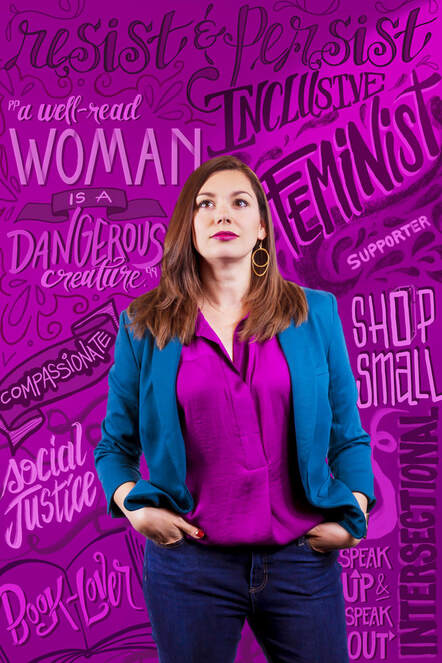
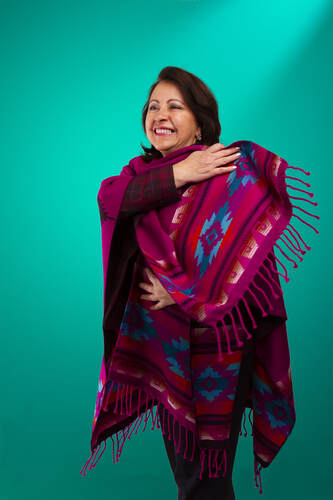
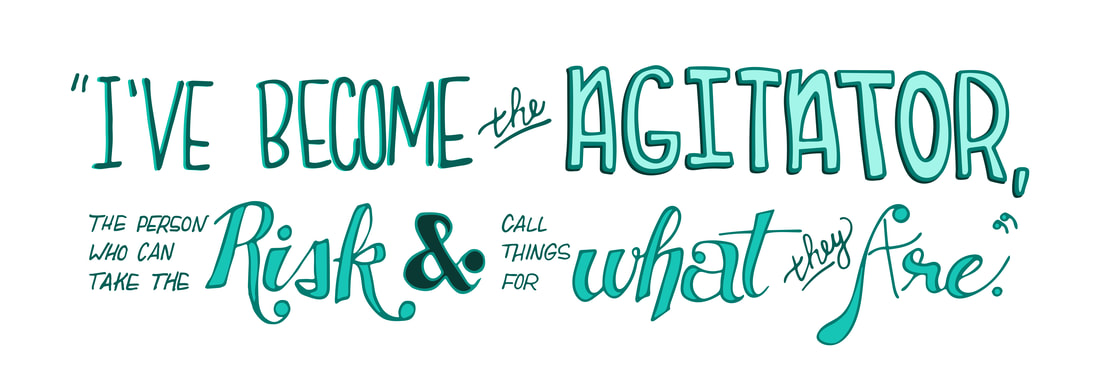
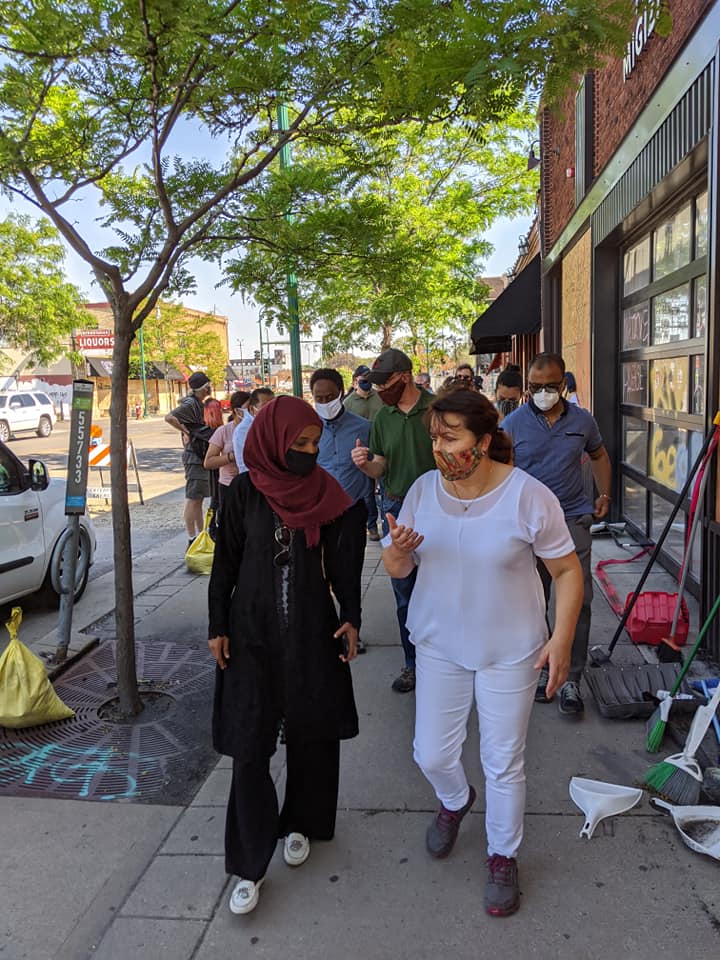
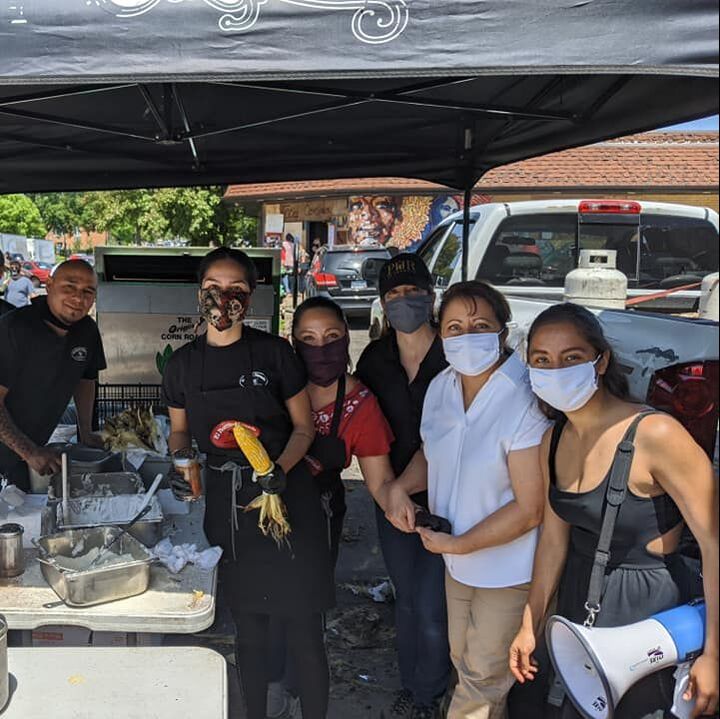
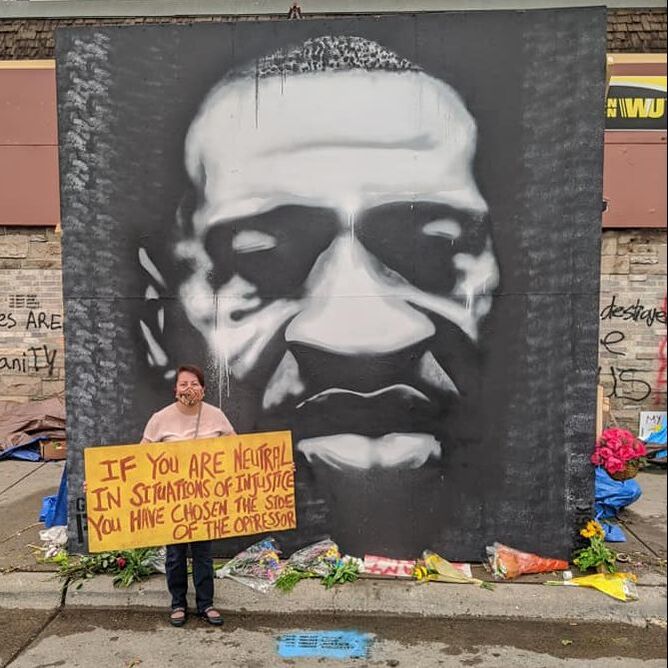
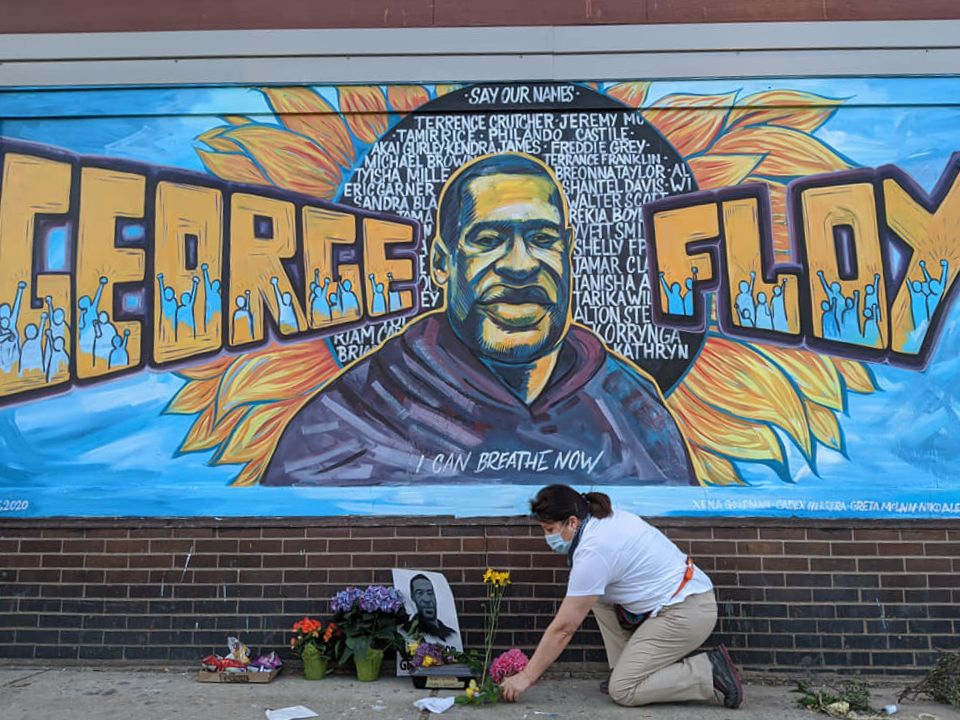
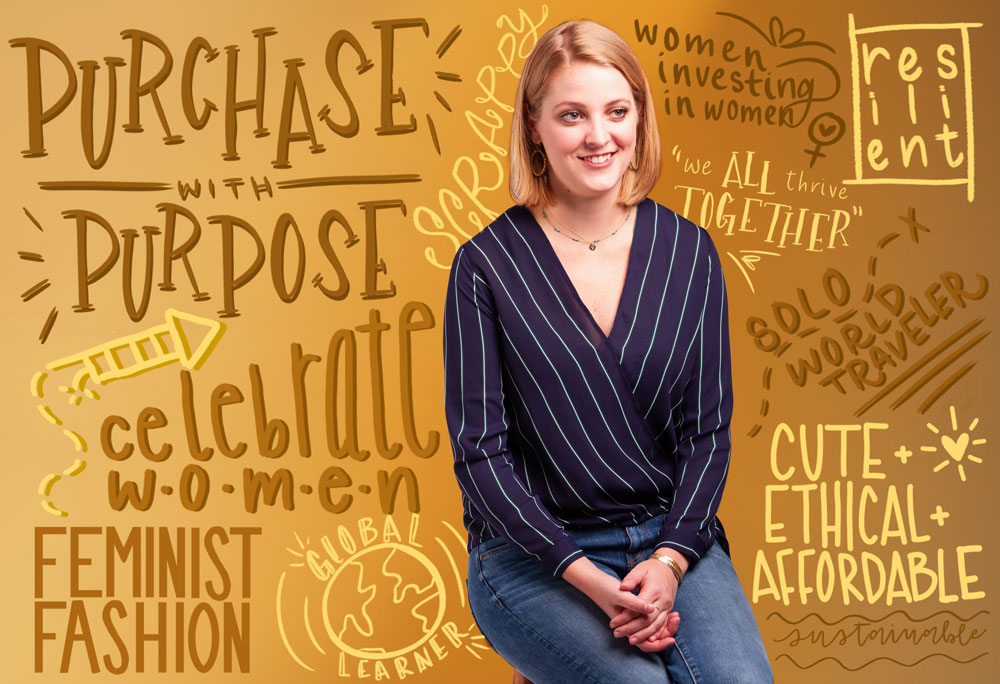
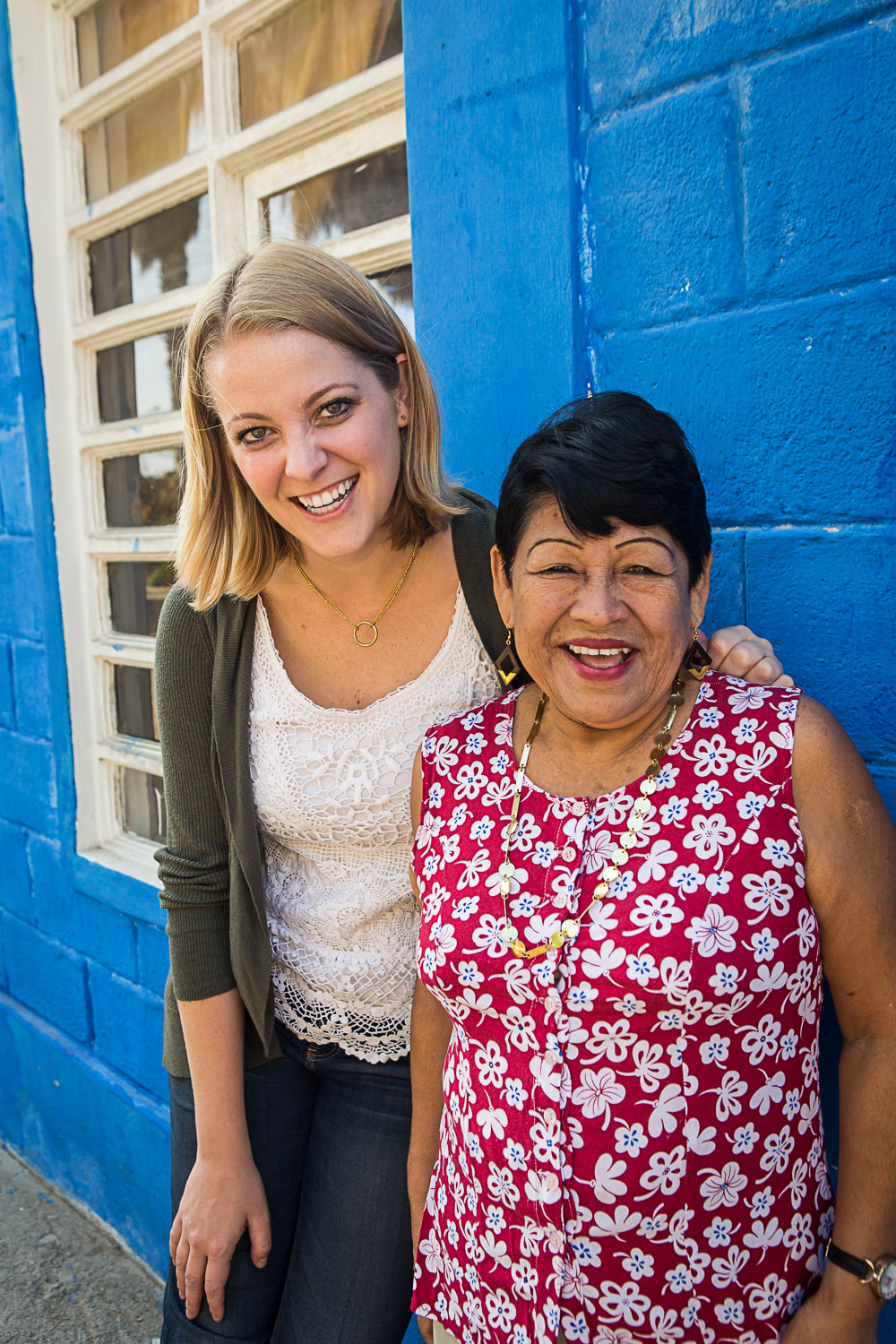
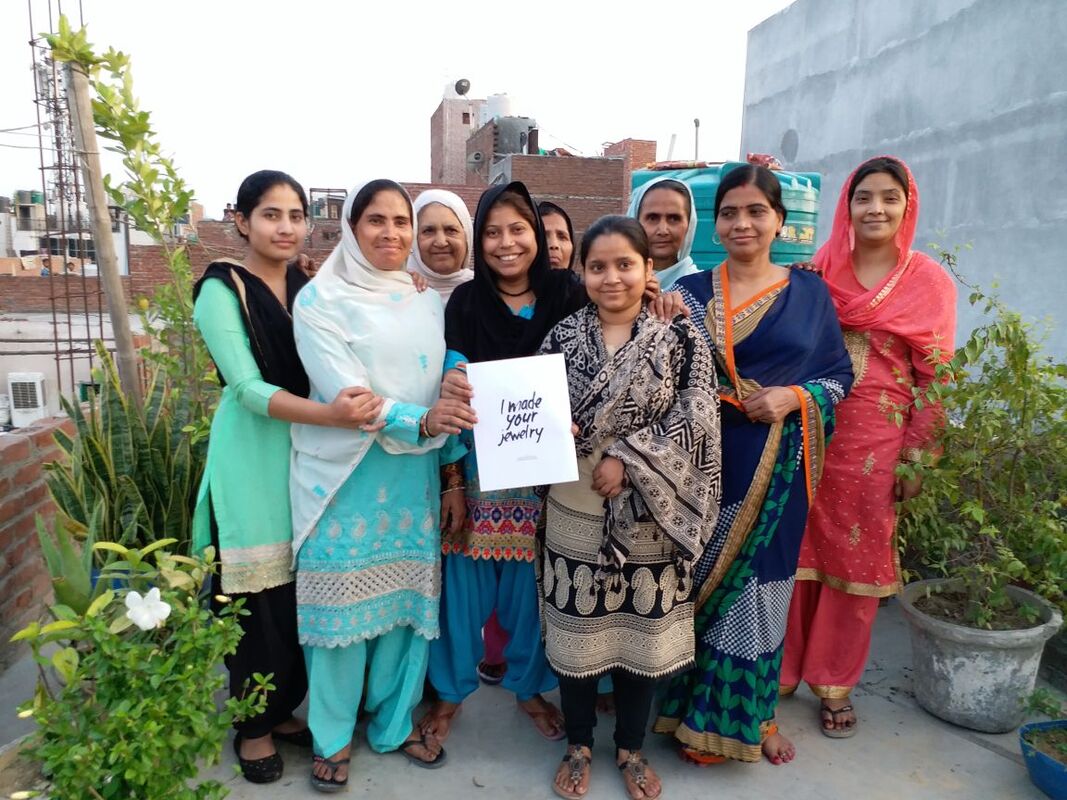
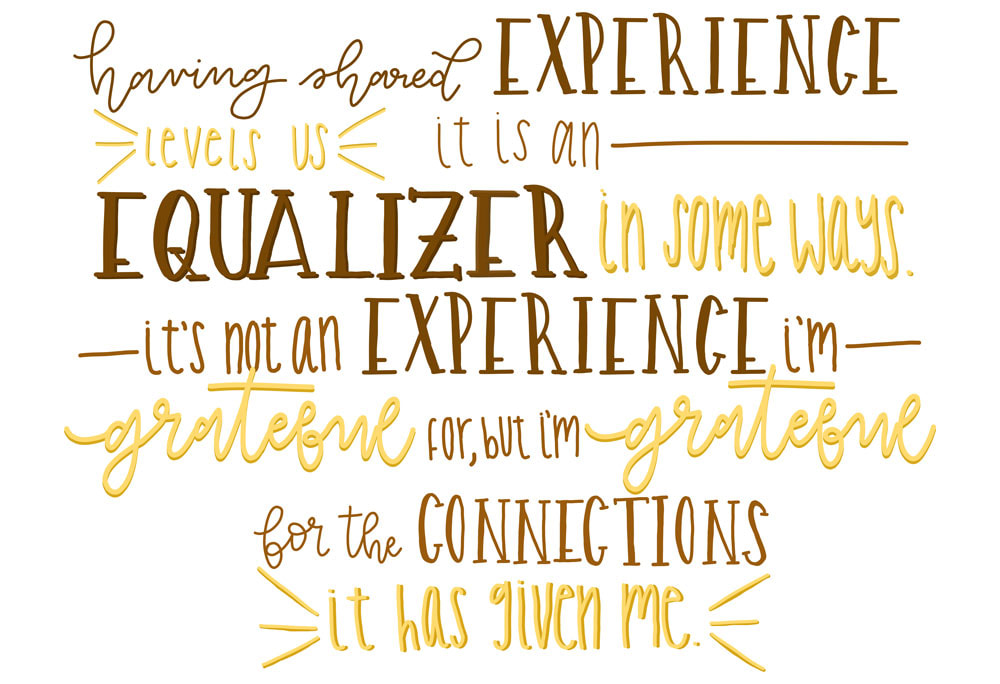

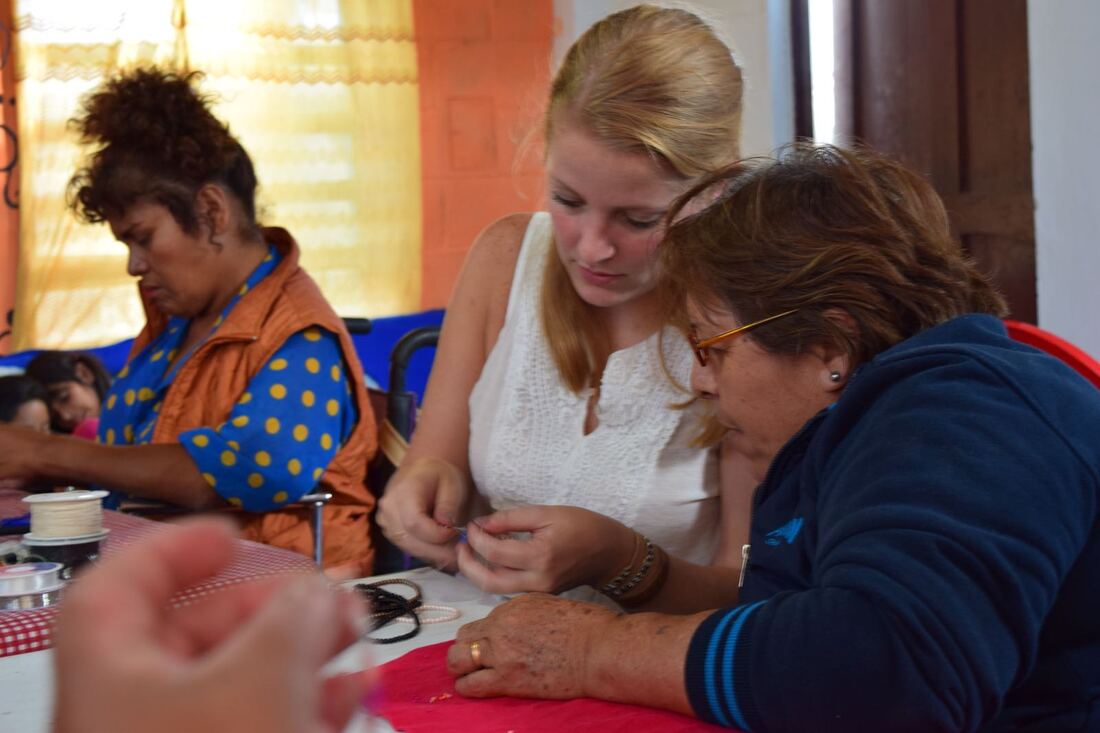
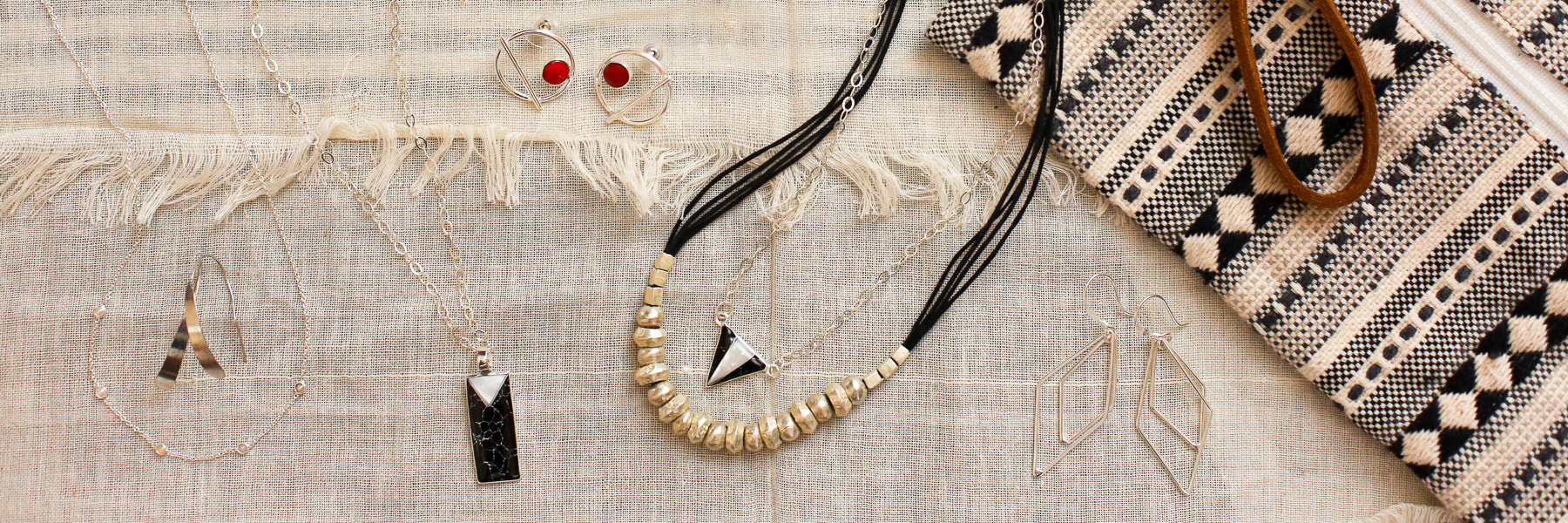
 RSS Feed
RSS Feed
